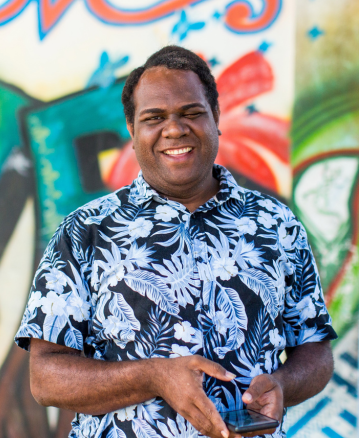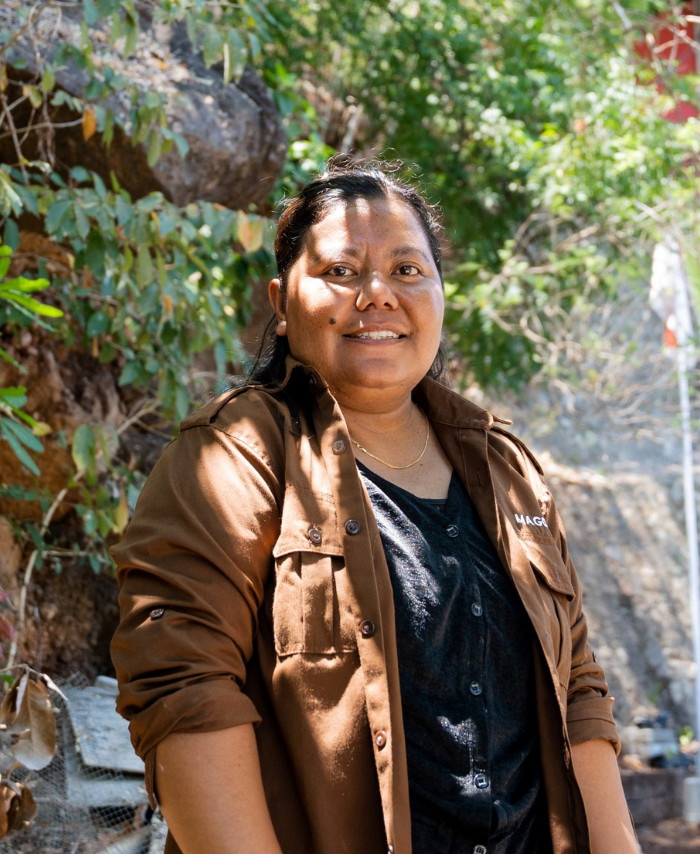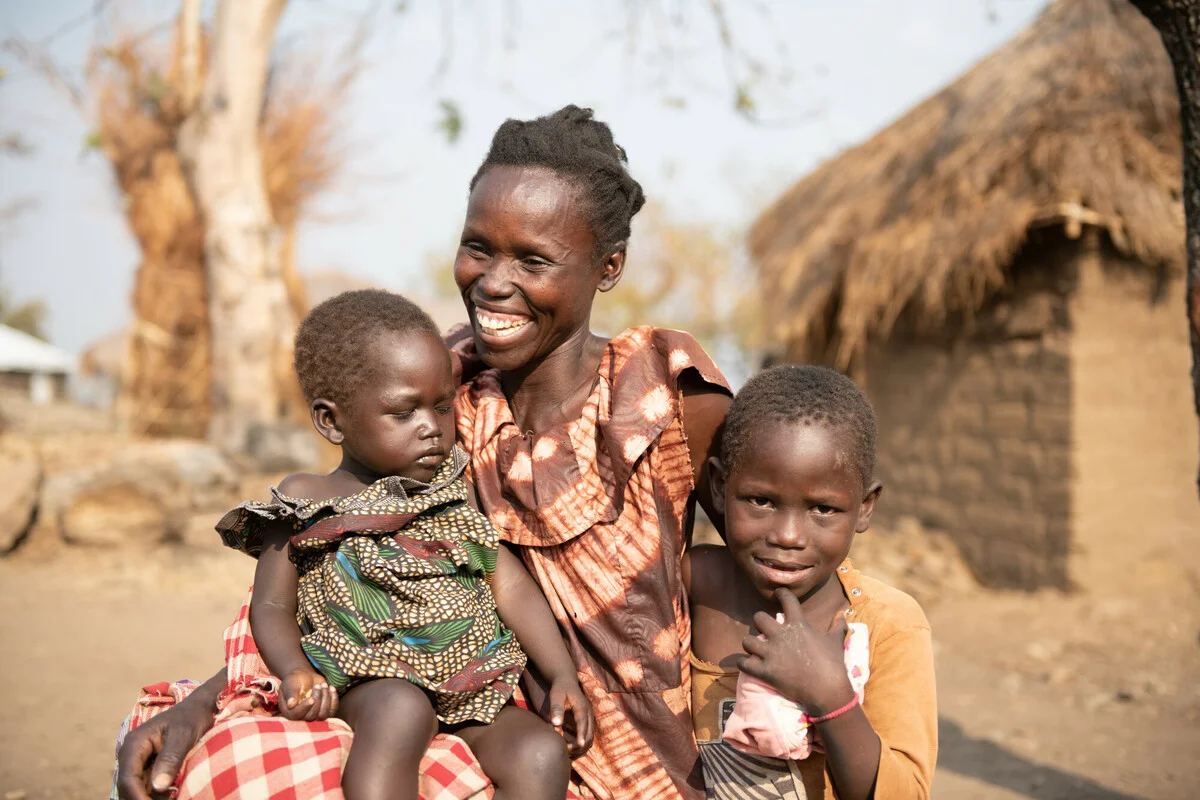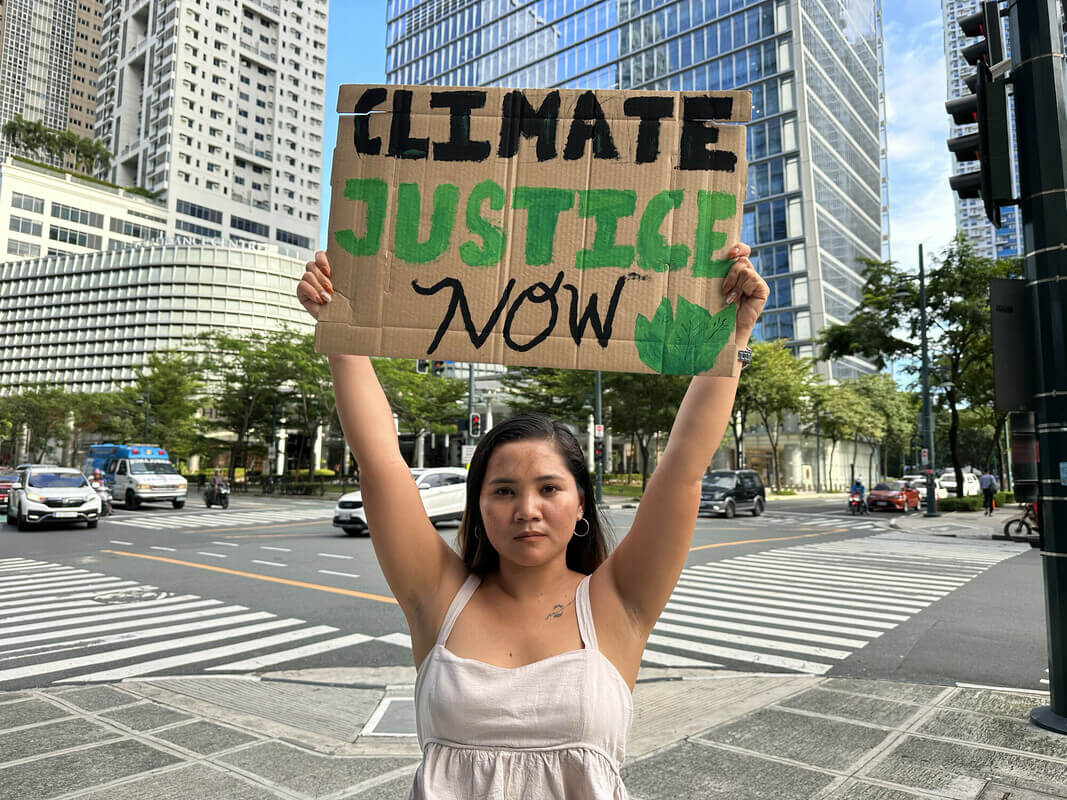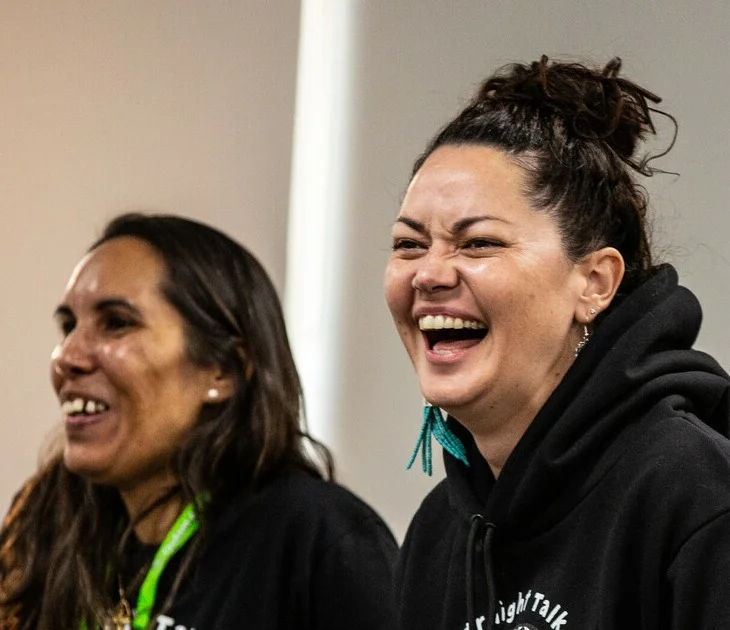Climate justice
A more equal world is possible. One where any of us vulnerable to the climate crisis have the resources to survive extreme weather, and the opportunity to build sustainable futures for generations to come.
Donate nowThe climate crisis brings enormous injustice. It is affecting us all, but not equally. In fact, the people who have contributed least to the changing climate are being affected by it the most, and are likely to be less able to protect themselves from the impacts.
Oxfam is seeking climate justice by making sure the people who are most impacted have a strong voice to influence policies and challenge polluters. We are also holding the biggest carbon emitters to account, advocating that they put resources back into communities to help them prepare and respond to climate impacts.
A safe, clean-energy future should be equally attainable for everyone, not a privilege reserved for wealthy nations and individuals. We are making sure people living in poverty benefit from future decisions about renewable energy and the creation of green, sustainable economies.
The disproportionate impact on communities
The climate crisis is disproportionately impacting people who are living in poverty, indigenous communities, women and children.
Despite being the original custodians of their lands, indigenous communities are often denied their fair share of its natural resources and are rarely involved in the decisions and policies that affect their lives and lands. The climate crisis deepens this injustice, and threatens the way of life and survival of indigenous communities around the world.
Women are more affected by climate change than men. They are often responsible for collecting water, will eat less than their family in times of scarcity and fare worse than men in times of disaster. Gender inequality means that women are also less likely to have access to knowledge, tools and finance to help them overcome climate challenges.
And of course, one of the greatest threats from climate change is to the health and prospects of our younger generations, who will face more extreme weather events, more limited access to clean water and food, and the risks associated with a rapidly changing environment.
To achieve climate justice, we must address the unequal burden placed on these communities. Everyone deserves a seat at the table when decisions are being made about their future, and Oxfam is making sure the voices of indigenous communities, women and those living in poverty are heard in the halls of power.
Advocating for policy change and accountability
Global emissions are not declining rapidly enough. People living in poverty will continue to see their basic human rights undermined as they lose their lands, livelihoods, health and even their lives to climate change.
We must ensure the global temperature rise stays below 1.5 degrees Celsius so that people can adapt and survive. Our climate justice approach is to make sure that communities have a strong voice to challenge the biggest polluters and demand that those responsible for carbon emissions support them. Part of this work is making sure that climate finance — international funding to support climate action in low-income countries — is available to people who are impacted by climate change.
At a community level, we work with local partners, particularly women’s groups, to develop climate solutions that mitigate climate change, build resilience, protect human rights and transform lives.
Equal access to clean energy and sustainable development
Climate injustice is a huge threat to people living in poverty, but this ledger can begin to be rebalanced with opportunities presented by the transition to clean energy.
A move away from our reliance on fossil fuels and towards renewable energy projects will provide low-income communities with green jobs, more affordable energy and sustainable solutions for housing and transport. Everyone must benefit from these opportunities to seek environmental justice and a transition to a greener future.
What is Oxfam doing to help
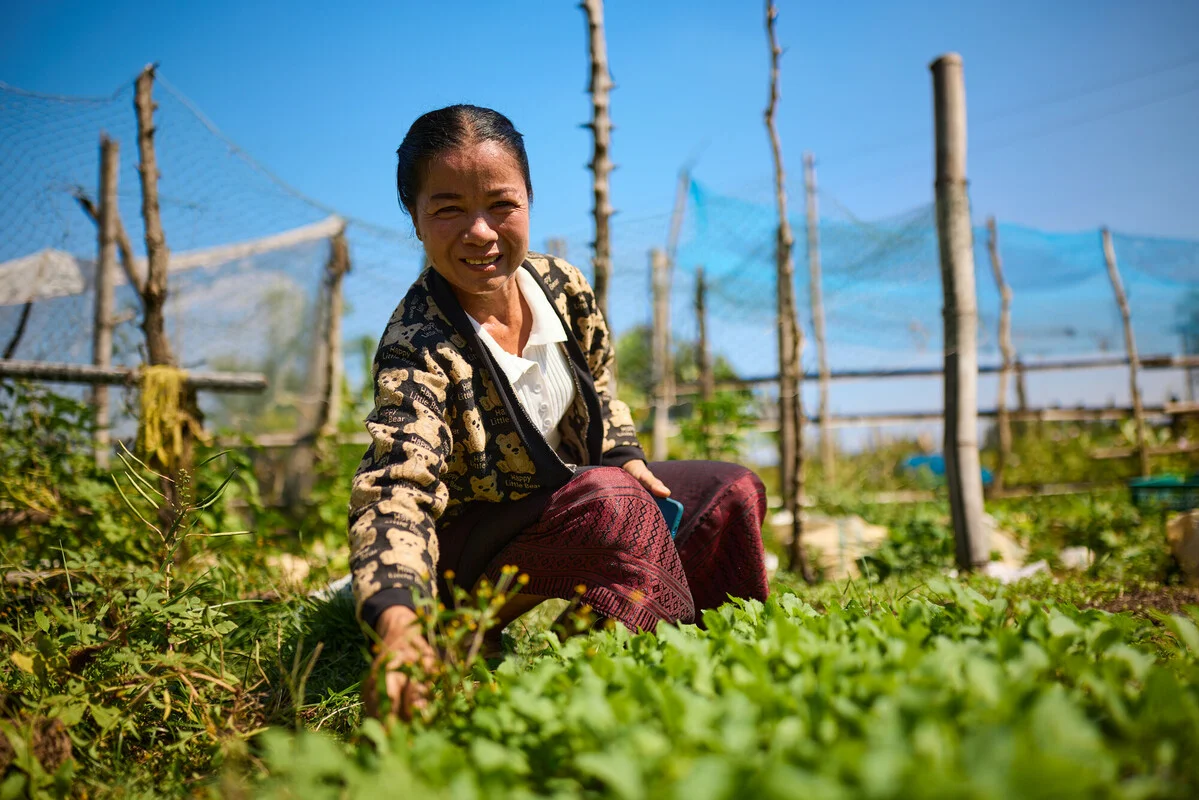
Building climate resilience
We are working alongside communities to respond to the increasing risk of climate disasters. We align with local partners to help communities address climate risks, shocks and
uncertainties.
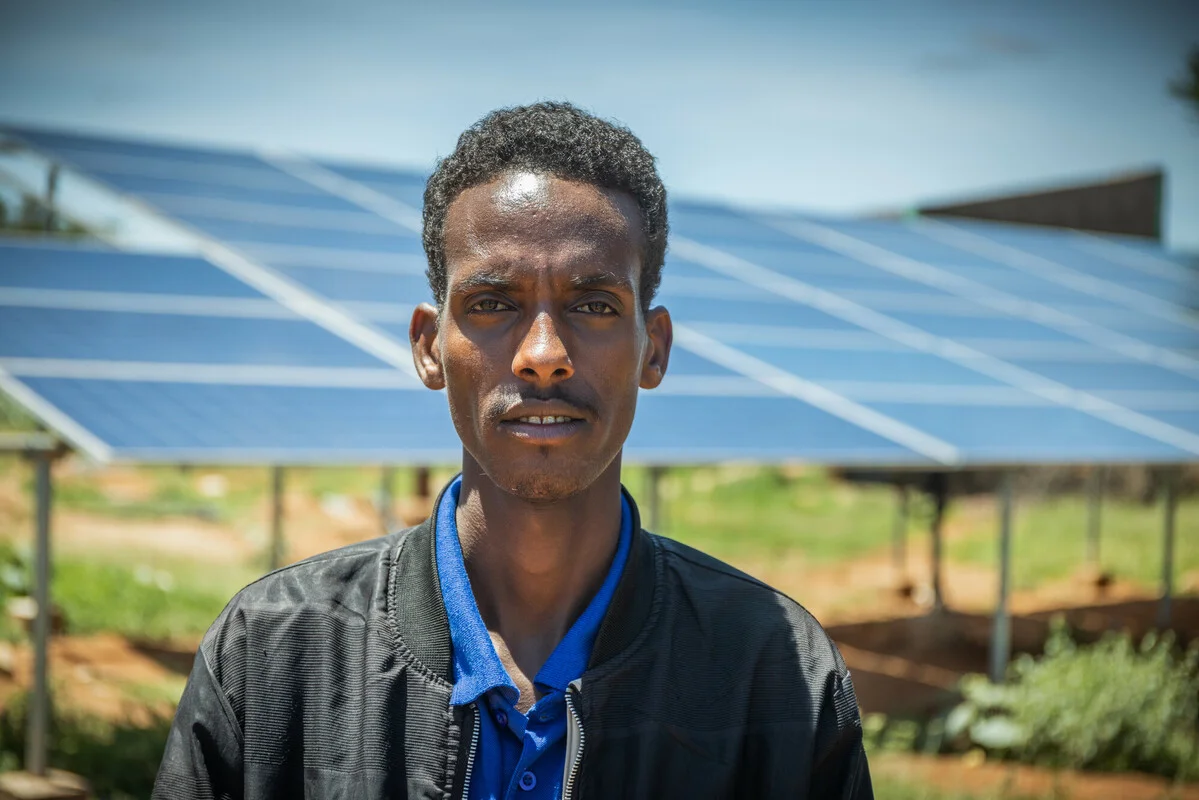
Enabling just and fair transitions
We are moving towards an environmentally sustainable economy that is no longer reliant on fossil fuel energy and contributes to decent work for all, social inclusion and the eradication of poverty.
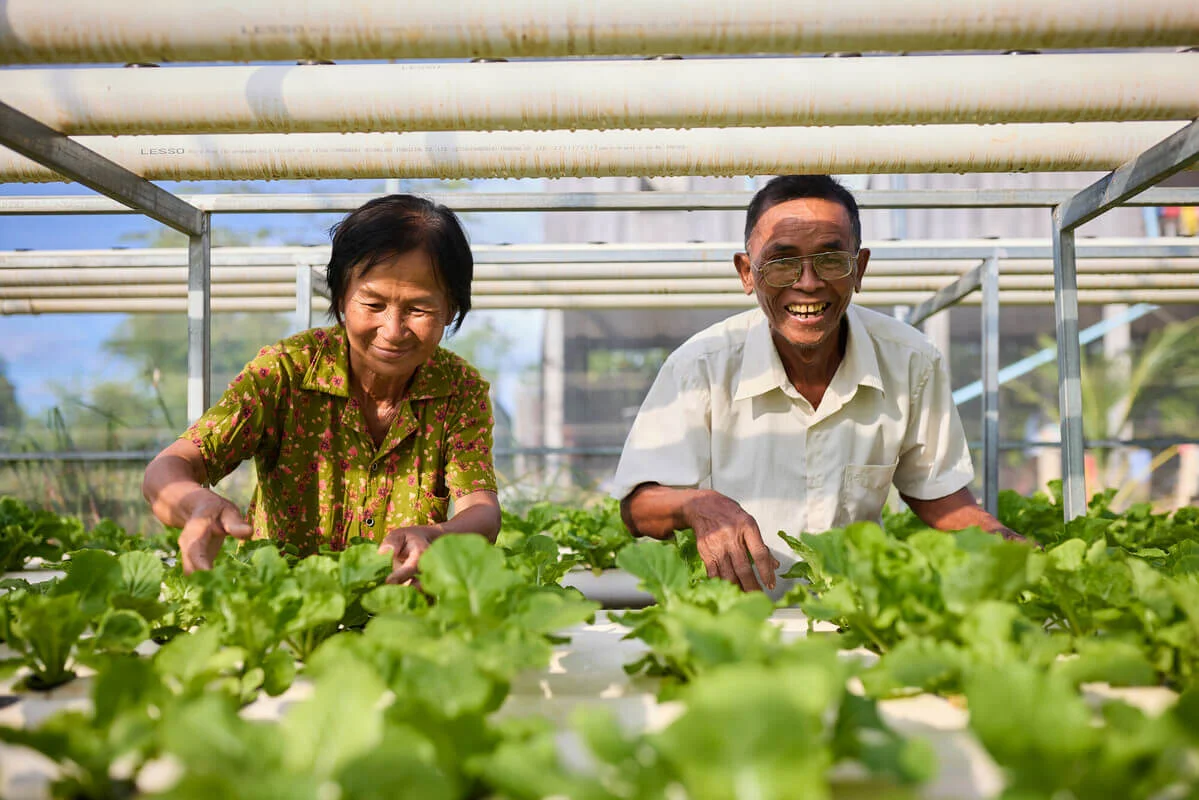
Advocating access to climate finance
We are strong advocates for climate finance, which is international funding to support climate action in low-income countries. This is a matter of global justice: those who have contributed least to the causes of climate change are typically the most vulnerable to its impacts, and have the least resources to respond.
Our stories
When you support Oxfam, you help create a world without the inequality that fuels poverty. Here's what that looks like for the communities we work with.
Oxfam reports on climate justice
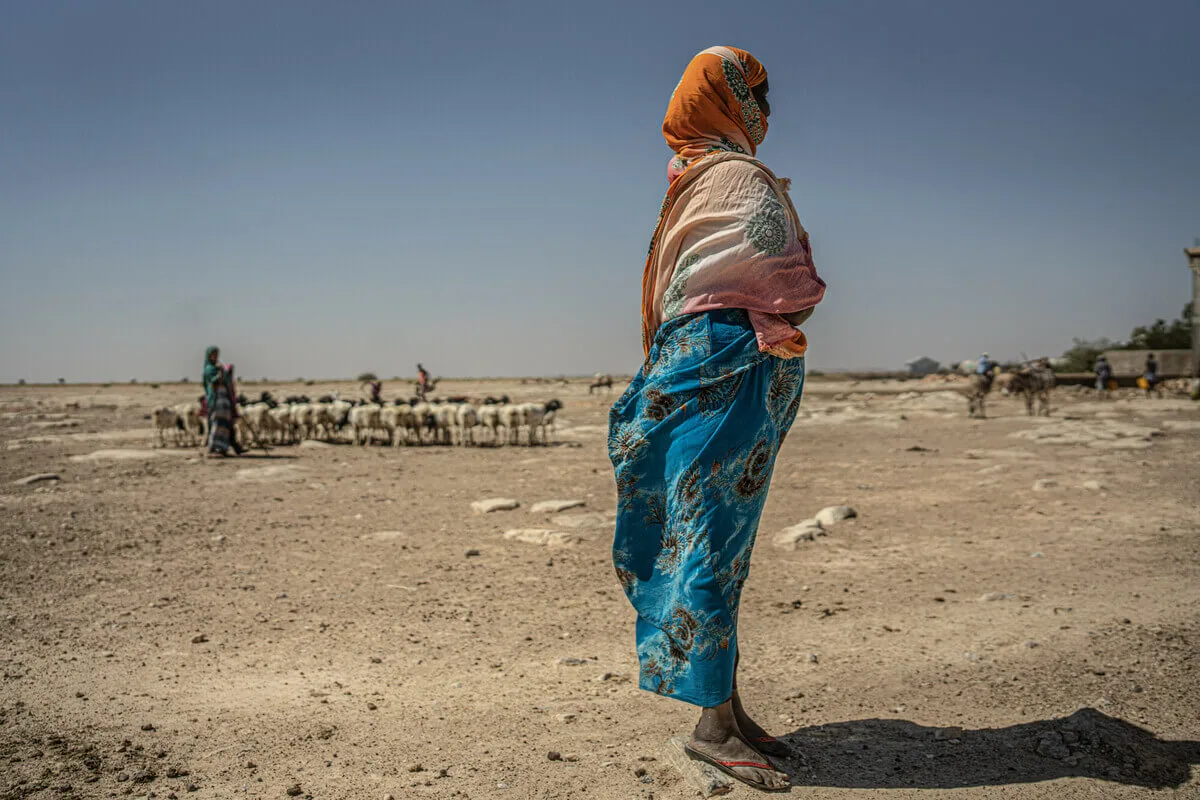
REPORT
Carbon inequality kills
The evidence is clear: the world’s richest people are using a disproportionate amount of the world’s remaining carbon budget and setting us all on course for irreversible and catastrophic global warming.
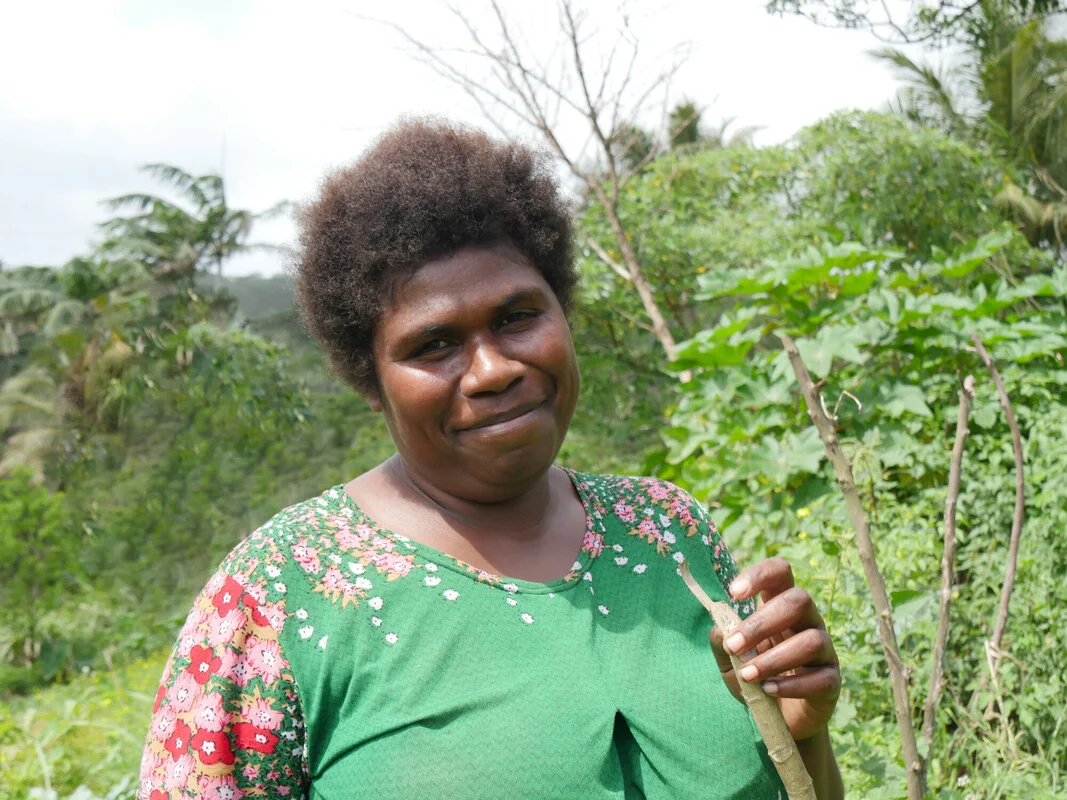
Siezing The Moment: A New Climate Finance Goal that Delivers for the Pacific
At COP29 UN climate negotiations, governments will decide on a make or break new goal for climate funding for developing countries. It must be a strong goal to ensure impacted countries can recover from climate disasters and transition to renewable energy, keeping 1.5 degrees alive.
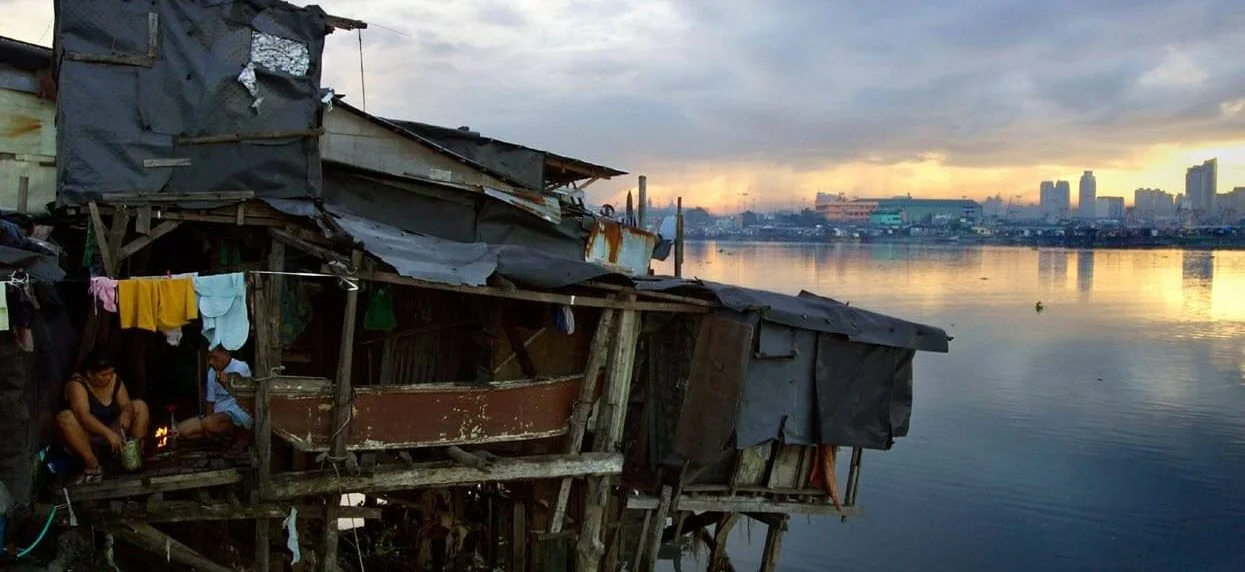
Climate Equality: A Planet for the 99%
The richest 1% emit as much carbon pollution as two-thirds of humanity. This is just one of the shocking findings of Oxfam’s landmark ‘Climate Equality: A Planet for the 99%’ report released ahead of the annual United Nations international climate change conference COP28.
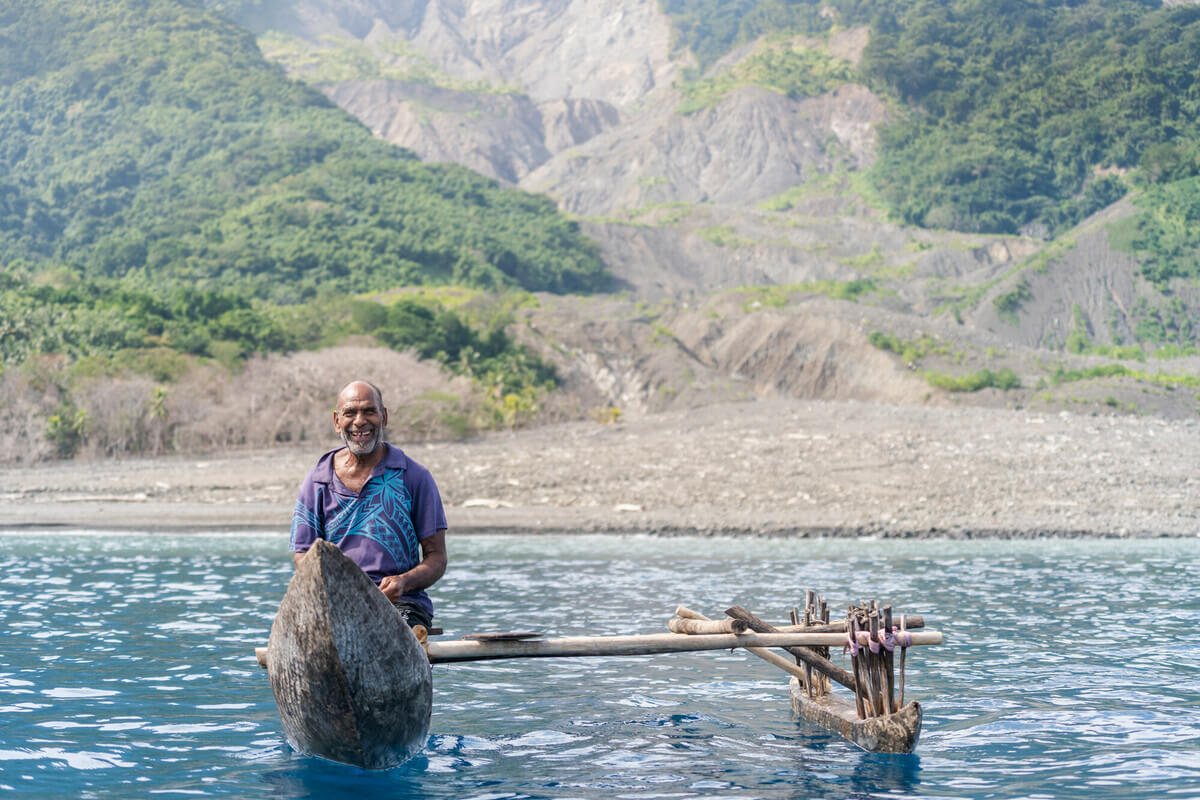
Embedding Equality in the Loss and Damage Fund
How Australia can help ensure the success of the new Loss and Damage Fund, which aims to support people in developing countries most adversely impacted by climate change to recover and build resilience.
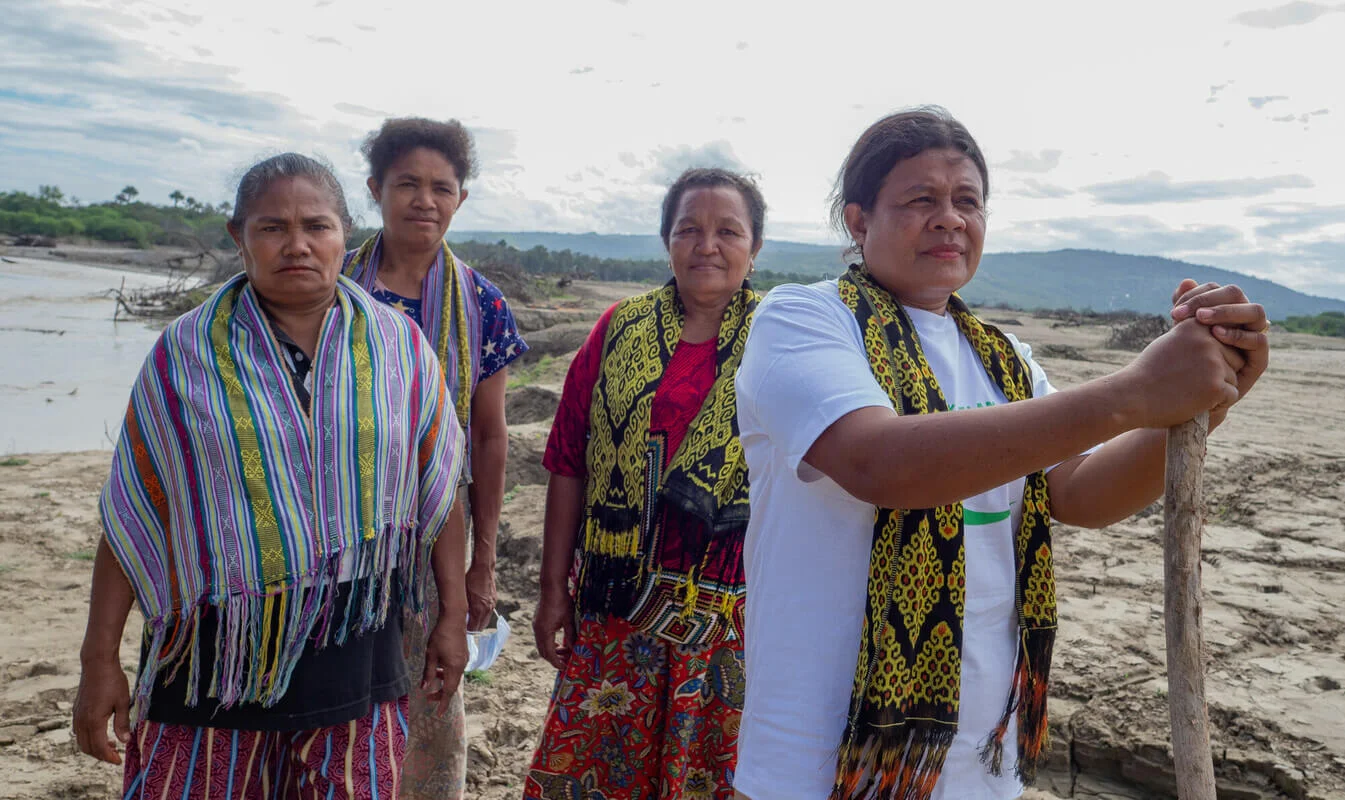
If you break it, fix it: Australia’s global obligations for a just climate transition
The stark contrast between where the impacts of climate change will be felt and which countries produce the majority of climate pollution reminds us that both the causes and impacts of climate change are distributed very unequally. Addressing this inequity is one of the most important features of a just response to climate change.
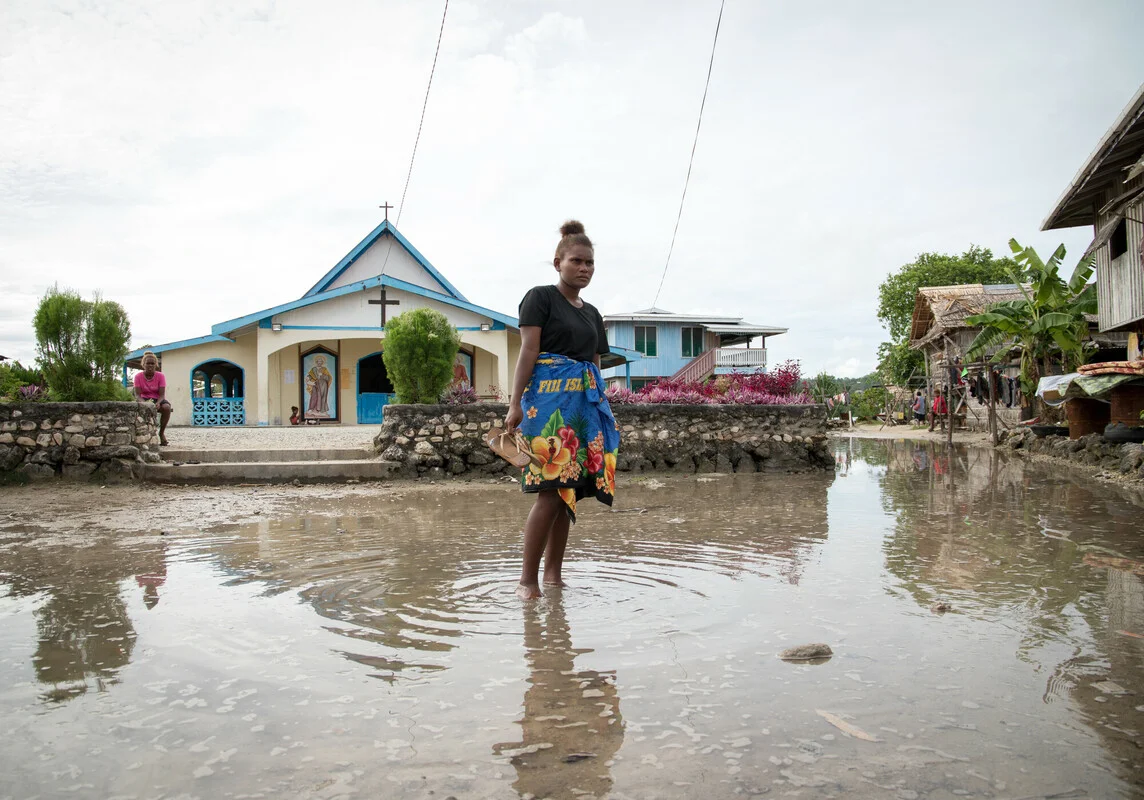
Falling Short: Australia's Role in Funding Fairer Climate Action in a Warming World
Australia’s investment in climate solutions for the region is falling short at a time when the government is seeking to rebuild its reputation with our Pacific neighbours
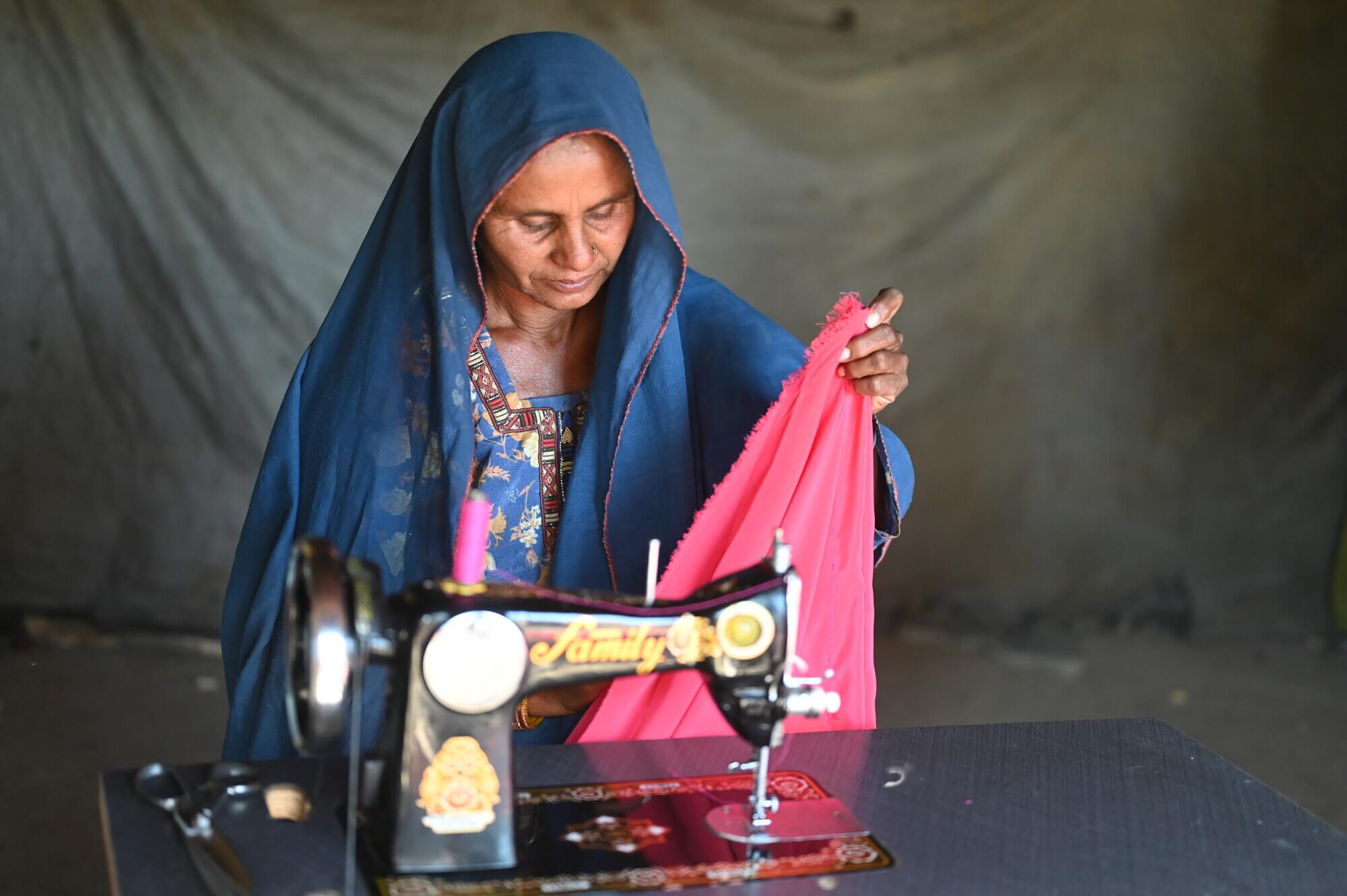
Fairer Futures: Financing Global Finance Solutions
How we respond to climate change over the next decade will determine the fate of billions of people globally, as well as the stability and prosperity of our region. Ambitious international climate finance pledges, alongside bold domestic emission reduction targets, is critical for successful and just global climate solutions.
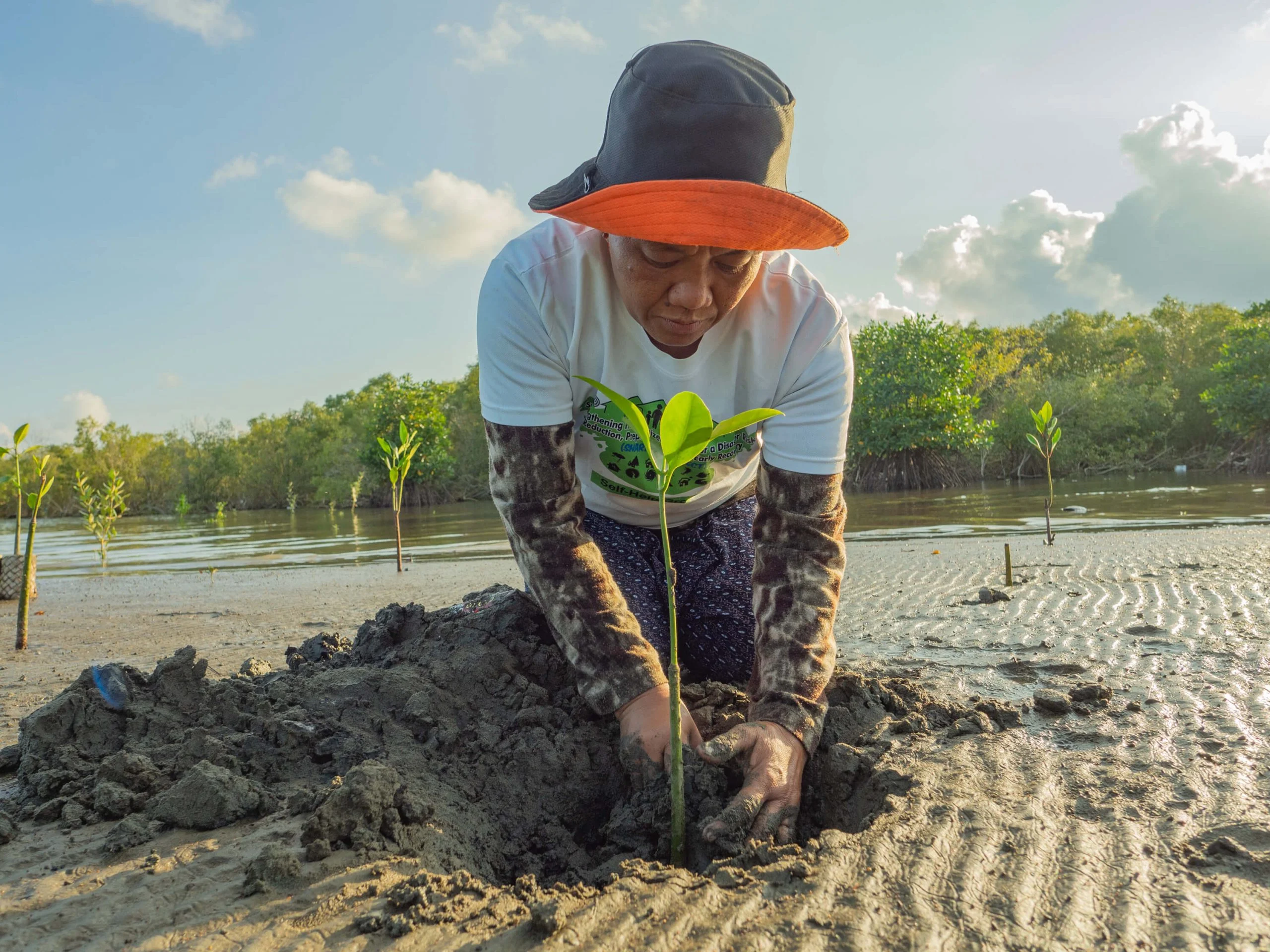
Australia's Energy Future and the Recovery from COVID-19: How we can Help End Poverty and Fight the Climate Crisis
In efforts to stem the social and economic fallout from COVID-19, governments responded with unprecedented levels of public spending and economic intervention. When it comes to climate change and inequality — the two defining challenges of our age — these actions can either sow the seeds of a fairer and more sustainable world or accelerate us down the path to catastrophe.
How can you help seek climate justice
FAQs
What is climate change?
Climate change, sometimes referred to as global warming, is a substantial and continuous change in the global average temperature, driven largely by increased carbon dioxide and other greenhouse gas emissions into the atmosphere. Learn More.
What is climate justice?
Climate justice relates to the impact of climate change on humans. Because climate change will impact the people who are least responsible for causing it, and who are least likely to be able to recover, we must seek climate justice to help them respond. Climate justice considers the impact of climate change on those who are most vulnerable to its effects — women, young people and indigenous communities — as a human rights issue.
How is climate change affecting poverty and hunger?
According to the World Bank, global food insecurity is rising, due in large part to our changing climate. Global warming is influencing weather patterns, causing heat waves, heavy rainfall and droughts, which hurts food production and the agricultural sector. Rising food prices in 2021 were a significant factor in pushing around 30 million additional people towards food insecurity.
What should Australia be doing?
It’s critical that we take action to restrict the global temperature rise to within 1.5 degrees Celsius. Beyond this point, many countries will face devastation. We must take action at home and on the world stage to combat climate change by making a commitment to reduce Australia’s domestic emissions by 74% below 2005 levels by 2030, reaching net-zero emissions by 2035, and developing a concrete plan to phase out coal and gas from Australia’s energy supply.
Why is Oxfam working on climate change?
We believe all lives are equal and no-one should live in poverty. Climate change is the single biggest threat to our vision of a just and sustainable world. It’s already hurting billions of people – from the drought-wracked plains of sub-Saharan Africa to the fire- and flood-affected regions of Australia.
What are we doing about climate change?
Oxfam is taking action on climate change through our programs, campaigns and advocacy work. We work with communities and local partners to help people develop local climate solutions that build resilience, protect human rights and transform lives. We are also making sure that those most impacted by the climate crisis have a strong voice to challenge the biggest polluters, and demand that those responsible for carbon emissions do their bit to support affected communities and future generations.
What evidence do we have for climate change?
The Intergovernmental Panel on Climate Change (IPCC) is the most authoritative international
body on climate science. According to the IPCC's most recent assessment report, "human-
caused climate change is already affecting many weather and climate extremes in every region
across the globe. This has led to widespread adverse impacts and related losses and damages to
nature and people. Vulnerable communities who have historically contributed the least to
current climate change are disproportionately affected." Read more.
What is an example of climate justice?
Climate justice aims to redress the imbalance caused by climate change on the poorest and most vulnerable people on earth. It includes actions such as climate finance, where richer and heavy-carbon-emitting nations are accountable for funding climate action in poorer and low- carbon-emitting nations.
What are the principles of climate justice?
The Mary Robinson Foundation, a key organisation in the climate justice movement, developed principles for climate justice, including:
• Respect and protect human rights
• Support the right to development
• Share benefits and burdens equitably
• Ensure that decisions on climate change are participatory, transparent and accountable
• Highlight gender equality and equity
• Use effective partnerships to secure climate justice
Also in this section

Understanding Climate Change eBook
Understand Climate Change eBookDiscover other areas of our work
first Peoples Justice
Working with First Peoples to achieve the change they seek.
gender Equality
Empowering women and girls to earn, learn and lead.
economic Inequality
Empowering communities to lift themselves out of poverty.
humanitarian Aid
When an emergency hits, Oxfam is there.
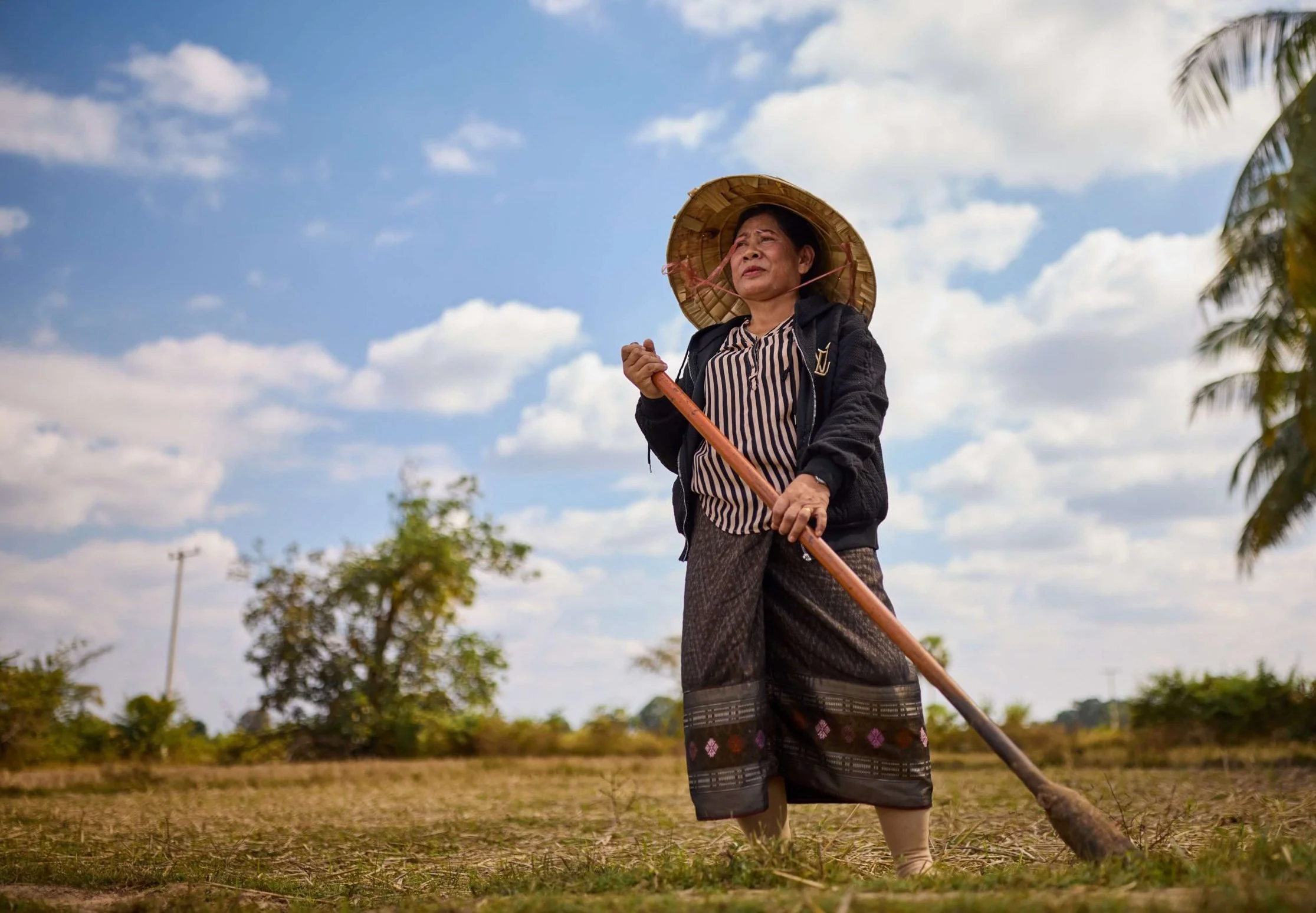
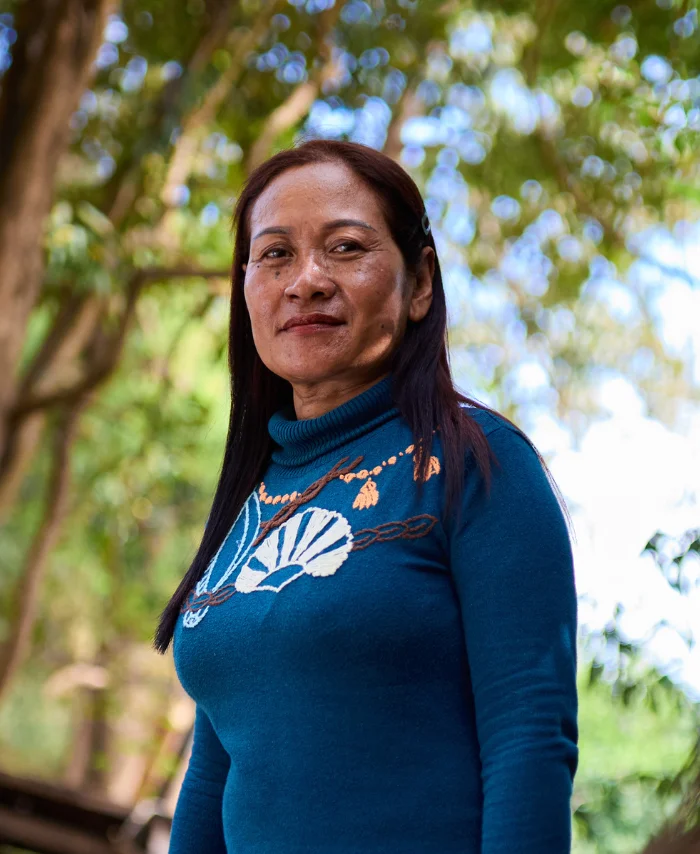
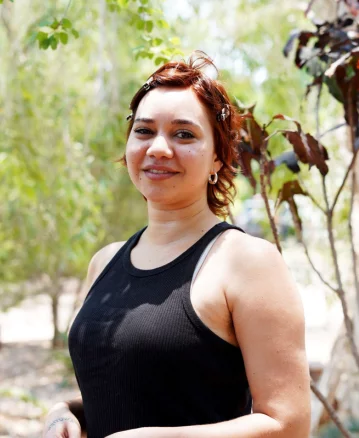
![Bangladesh: Munni is a tea garden worker and earns just 170 Taka [AU$2.30] per day. She has to take out loans in order to buy groceries and then struggles to pay these loans back. Munni attended training run by Oxfam partner organisation, Breaking the Silence, and says she has gained courage through this training. Photo: Fabeha Monir/Oxfam Bangladesh: Munni is a tea garden worker and earns just 170 Taka [AU$2.30] per day. She has to take out loans in order to buy groceries and then struggles to pay these loans back. Munni attended training run by Oxfam partner organisation, Breaking the Silence, and says she has gained courage through this training. Photo: Fabeha Monir/Oxfam](https://www.oxfam.org.au/wp-content/uploads/2024/08/Munni-crop.png)
